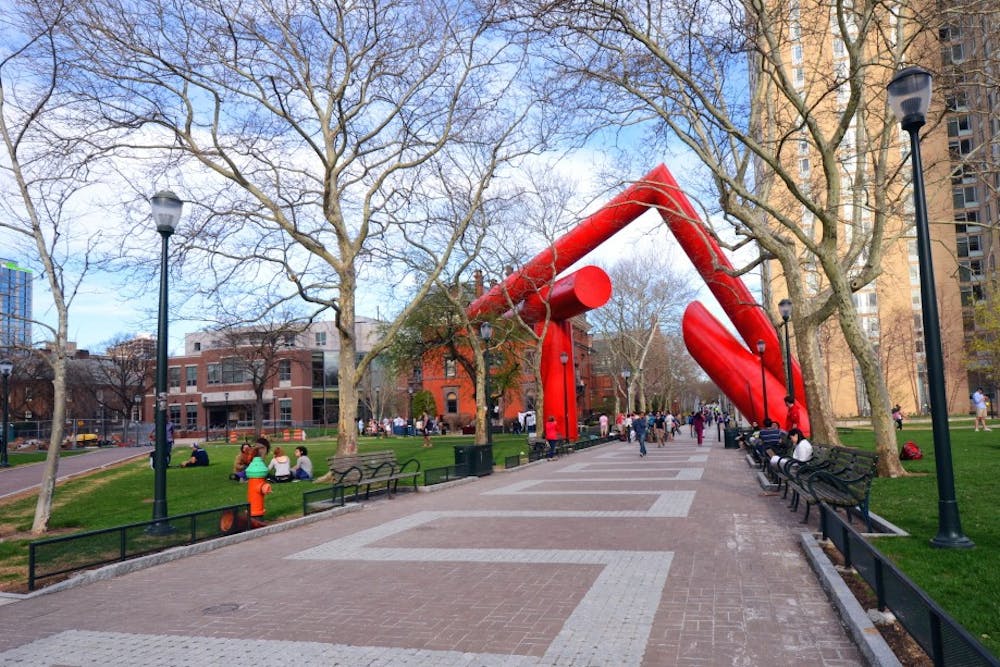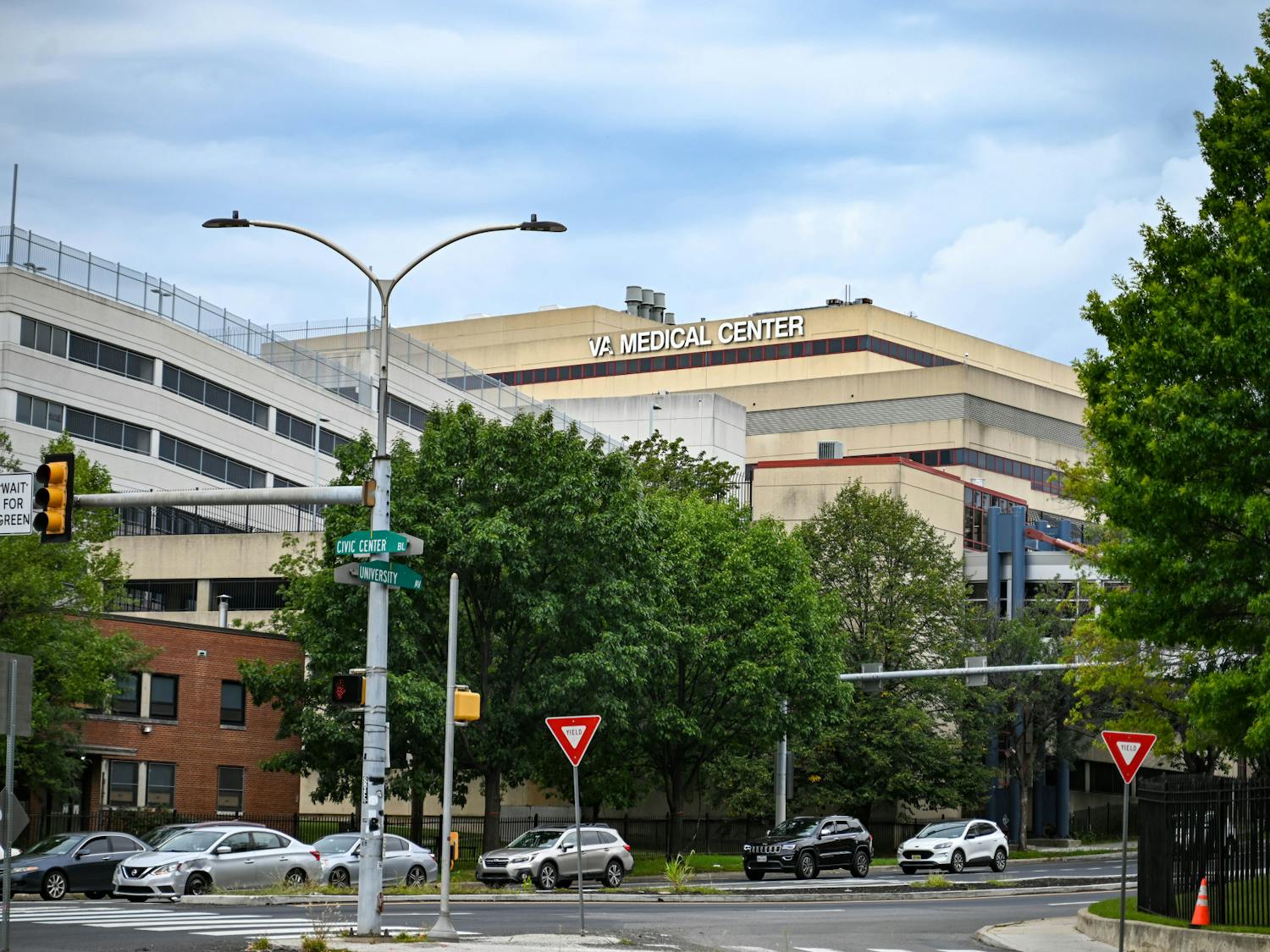The debate over what contributions Penn owes to Philadelphia took a turn this month as Penn released its annual economic impact report detailing a $14 billion contribution to the state in 2015.
The 2015 economic impact report showed the University’s wide-ranging economic influence in Philadelphia and across the state. But some observers doubt whether all of the impacts cited are entirely Penn-generated.
A report by 2014 Wharton graduate Leyla Mocan and 2015 College graduates Marietta Catsambas and Debby Chiang claimed that Penn makes economic contributions to the city in two ways: attracting visitors who spend money in Philadelphia and having a large number of employees who pay a wage tax to the city.
Both of these contributions are made by individuals associated with the University, not contributions made by the University out of its own budget. In the case of the wage tax, the cost is borne by Penn’s workers, the report said.
Political science professor and Philadelphia native John DiIulio agreed that — while Penn undoubtedly has a strong economic effect on the city — it receives far more benefits as a nonprofit than it lets on.
"Nonprofits, whether universities, religious institutions, or others, receive at least four public benefits: tax-exempt property-holding; government grants and contracts; tax-deductible donations; and subsidies to persons who utilize their services (like college loans)," he said in an emailed statement.
These benefits ought to be offset, he said, by contributions to non-members, which would exclude the wage tax benefit Penn often cites from its employees.
"The larger question concerns the ratio of public investments to non-member benefits; that's a much more important, but much harder to answer question," he said.
This report comes at a time when many activist groups on Penn’s campus and government officials, such as Mayor Jim Kenney, are promoting and encouraging Payments in Lieu of Taxes, or PILOTs.
PILOTs are voluntary; there is no law requiring a nonprofit to make a payment. These payments compensate city governments for the property taxes not assessed to nonprofit institutions like Penn.
Student Labor Action Project member and College junior Devan Spear said the 2015 economic impact report justified the payment of PILOTs.
“From my perspective and everyone who has been working on the PILOTs campaign, this report actually very much justifies the fact that Penn should be paying PILOTs,” Spear said. “The argument that Penn creates a lot of jobs and revenue is very strange because corporations like Comcast do the exact same thing.”
In September 2015, The Philadelphia Inquirer reported Kenney saying that he was “committed to at least collecting as much in PILOTs and SILOTs [services in lieu of taxes] as Boston does currently.”
The Philadelphia School District has had many years of low revenues and budget deficits, despite a surplus at the end of the 2015 fiscal year. To deal with this financial sickness, over the past couple of years, the district has had to shut down 31 schools and lay off thousands of teachers, counselors and nurses.
Philadelphia’s school district is highly reliant on property taxes. In the 2013-14 school year, the district received about $647 million, or about 28 percent of its budget from real estate taxes. However, this source of funding has declined due to a decreasing and cash-strapped property tax base.
Philadelphia has the nation’s highest percentage of tax-exempt nonprofit property — about 11 percent of all property in the city. Excluding Penn hospitals, the University holds 1,000 acres of property in the city and as a result, receives a tax exemption valued at about $30.6 million, according to the Philadelphia City Paper.
The University has defended its choice to not pay PILOTs, citing its influence in various other parts of the city — many of which are shown in the economic impact report.
These contributions include $800,000 to the Penn Alexander School, an annual investment of $1 million by the Netter Center for Community Partnerships, which creates numerous initiatives such as tutoring students and health programs in public schools and the overall $10.8 billion economic impact on the city, as cited in the report.
Many individuals and groups, such as SLAP, are skeptical about the fact that these contributions should exempt Penn from paying PILOTs.
Every Ivy League school besides Penn and Columbia University have reached some form of agreement with the local government to make PILOTs contributions.
As of now SLAP is waiting for Kenney’s state of the budget address in March to see what their next steps will be in their movement towards PILOTs.
“This report shows that Penn is an economic engine of the city, and I think in light of that, its really important for economic engines and hugely wealthy organizations to be part of the support network that a democracy like ours needs to function,” Spear said.









